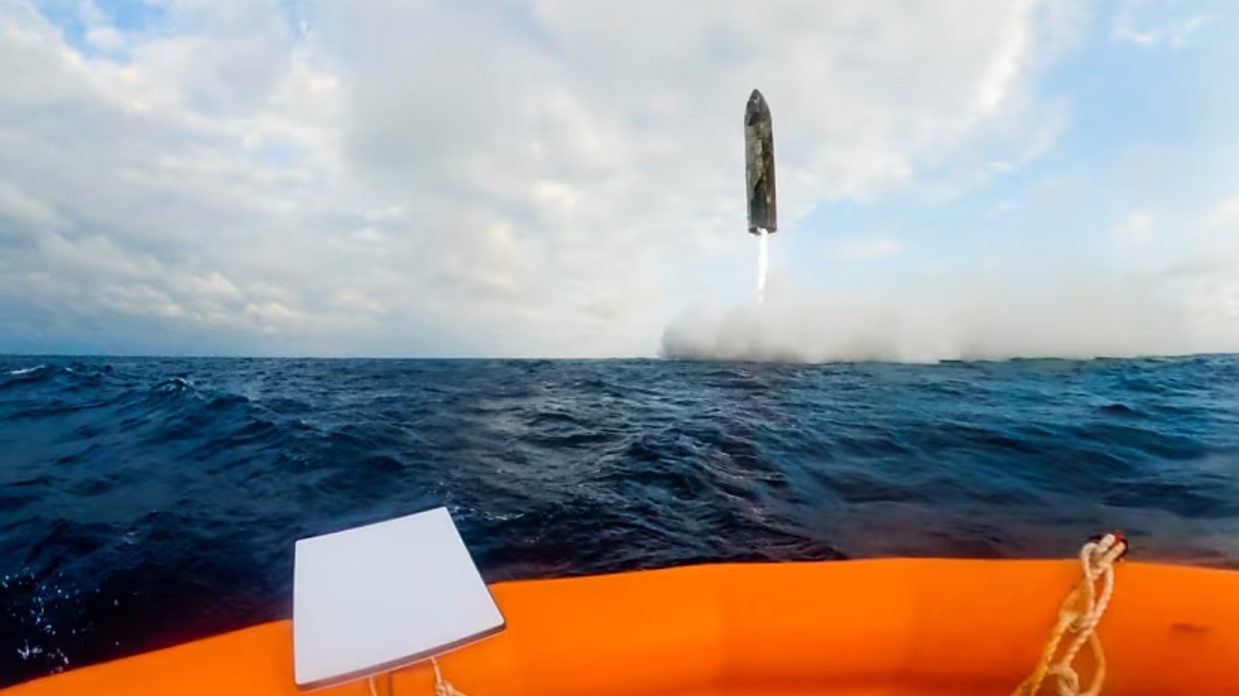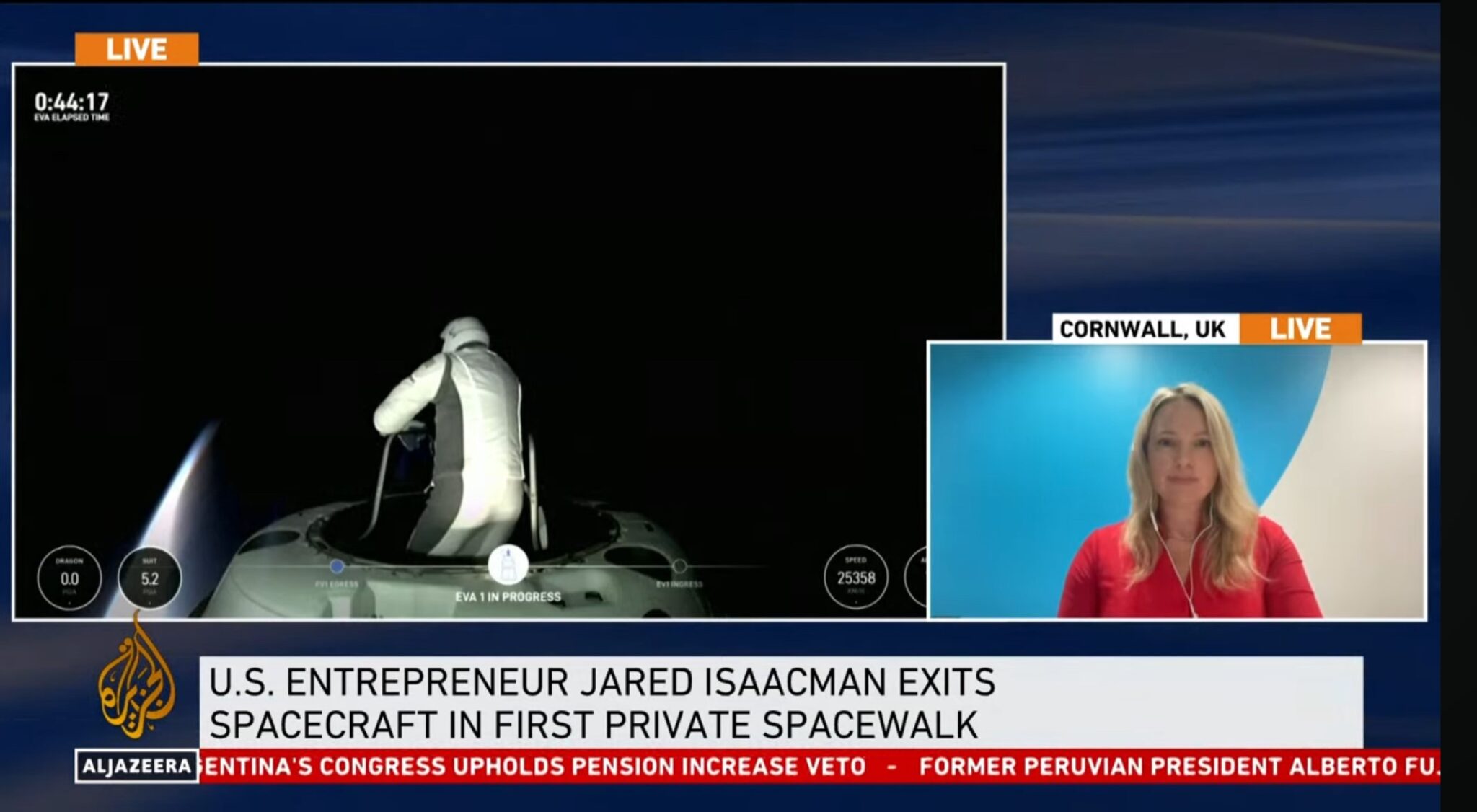The UK Minister of State for Universities and Science, the Rt Hon David Willetts MP gave his support to UK technology firm Reaction Engines Limited as it announced the success of the first and second stages of its testing of the revolutionary precooler section of a new type of engine called SABRE.
David Willetts MP has pre-cooler technology explained to him by Alan Bond andTim Hayter. Courtesy: Flightglobal/David Todd
Reaction Engines claims that its design, effectively a cross between a jet engine and rocket engine with an air-cooling system attached, will allow aircraft to fly anywhere on Earth in four hours, or directly into orbit as part of the Skylon space plane design Testing of the key pre-cooler technology which cools incoming airstream from over 1000 degrees C to minus 150 degrees C in less than 1/100 of a second, has completed the first two out of a series of three sets of planned tests.
Pre-cooler test section. Courtesy: Flightglobal/David Todd
The initial tests have, according to Reaction Engines, shown that it has freedom from vibrational, structural integrity and that it has aerodynamic stability. While sub-zero temperatures have been achieved, the final series of tests are to commence next month at operating temperatures down to -150 degrees C.
Alan Bond, one of main designers of the SABRE engine and its precooler noted that they had managed runs of six minutes which would equate to how long the pre-cooler would have to operate in real life though he noted that the full test of the frost control technology would occur in the final tests.
At an earlier Farnborough space press conference David Willetts had described how future space transportation would probably require reusable launch vehicles using suitable engine technology. Noting Reaction Engines testing progress, he said. “This technology could be the answer.”
Willetts was careful to note that the pre-cooler design had been both appraised by the European Space Agency (ESA) and the UK Space Agency adding “What we are seeing is the emergence of potentially a very successful British technology,” said Willetts.
The current tests were part funded by the European Space Agency (ESA) and Mark Ford, Head of ESA’s propulsion engineering section noted the progress: “We are very impressed from what we have seen so far. ESA expects a successful outcome at the end of the year.”
While the UK Government has put in some money to date and may do so again in future, Willetts emphasised that the project remains a mainly a commercial project. Willetts also accepts that reusable launch providers such as Reaction Engines and suborbital space firm Virgin Galactic would need a new regulatory regime to allow airline style operations.
According to Bond, once the testing is over, a follow on programme will include building more engine hardware and performing some flight test activity “to demonstrate those parts of the engine that have to interface with a Mach 5 airstream.” “And the easiest way to do that is to actually fly something,” said Bond.
Bond notes that Reaction Engines could not build a full engine itself but would form a consortium to build one. This could include US firms ITAR regulations permitting, and European organisations. In the meantime, in being a commercial enterprise, Reaction Engines’ new CEO Tim Hayter, noted that his role was to find funding to enable SABRE engine development to continue.
Update: Media sources report that Jean-Jacques Dordain, Director General of ESA, noted that Reaction Engines Ltd was the surprise entry in the competition to build Europe’s next generation launch vehicle under the New European Launch Service (NELS) programme searching for a successor to Ariane 5. Other entries include teams lead by Astrium and OHB AG. While that programme favours these teams already connected with the current Ariane 5 programme, nevertheless ESA is expected to work closely with Reaction Engines on new reusable launch vehicle technologies. There are fears that Europe is being left behind in this area given that USA, Japan, India and other nations are already actively engaged in this research.
David Todd is a small shareholder in Reaction Engines Limited





